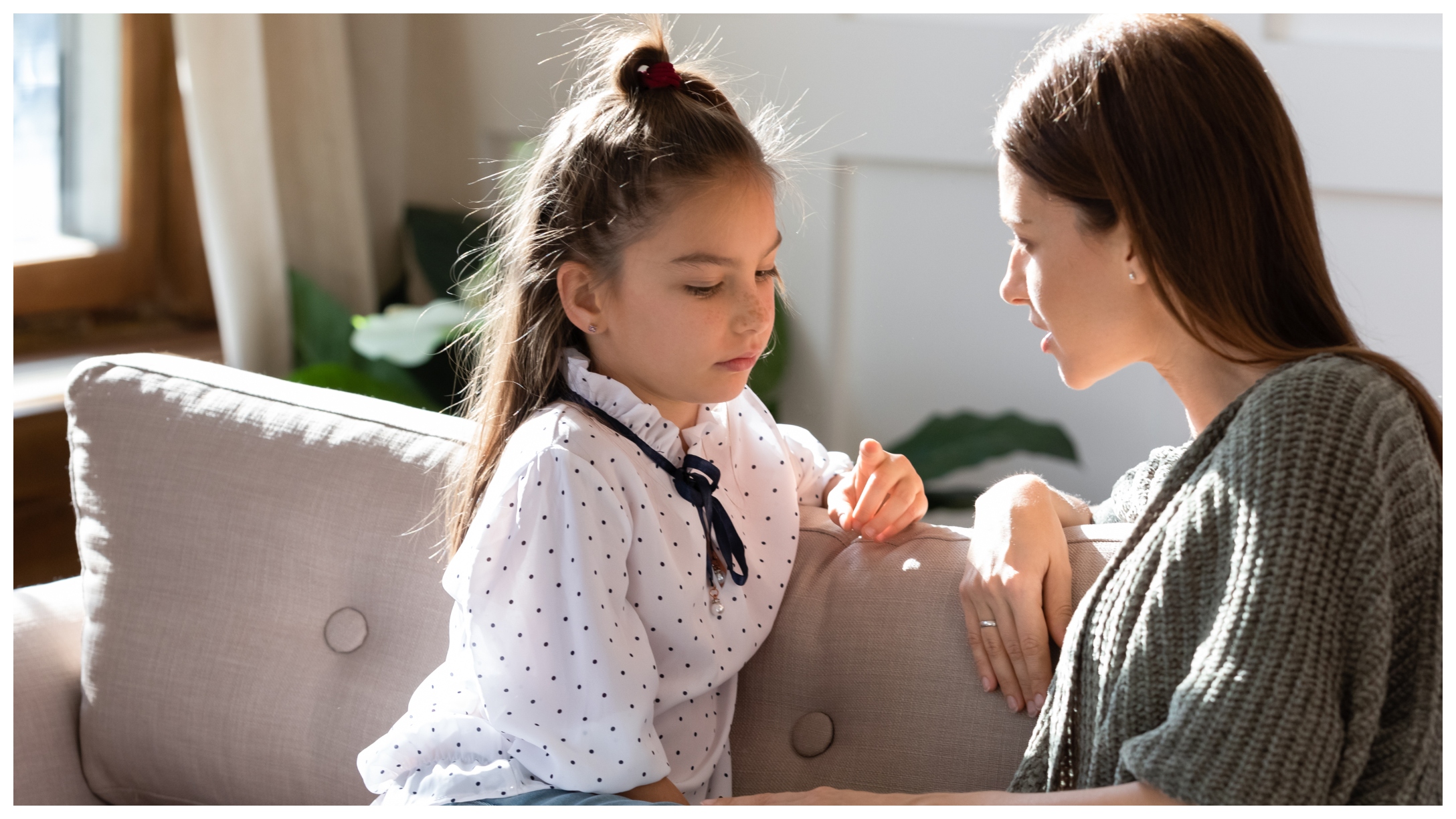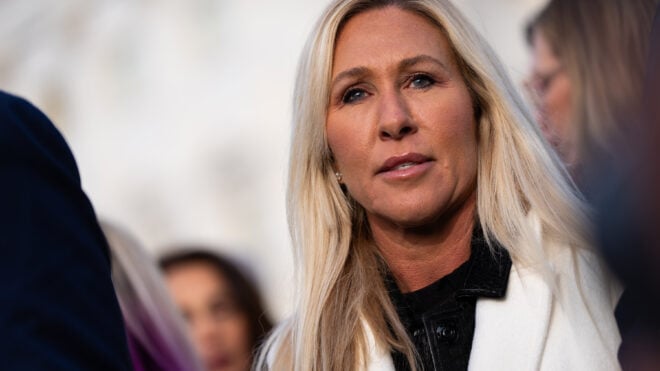
When your kids are young, they look to you for everything. But as they start to grow, they become more independent. That's an excellent thing, which means you're also doing a good job as a parent. But it also means that sometimes you have to work a little bit harder to keep your kids close.
There are a lot of ways you can do that, like having fun family traditions or eating dinner together every night. But one of the best ways to feel connected to your kids is by talking to them about the really important stuff.
Small talk like "How was your day?" and "What did you learn in school?" only goes so far when it comes to fostering real trust and connection between kids and parents. Some conversations, while tough or uncomfortable, can really go a long way in making sure your kids feel safe, loved, and seen.
Here are five important conversations that all parents should strive to have with their kids:
1. The Sex Talk
Not all parents feel comfortable talking to their kids about sex. But the truth is, it's best if it comes from you. Yes, learning about sex in school can be useful, and there are certainly a variety of sources to be found on the internet (some good, some bad). But experts say that parents should talk to their kids about sex (1) to make sure they are getting accurate information, and (2) so that kids know they can ask their parents questions or come to them later on.
Obviously, these conversations should be age-appropriate, because you only want to give your kids the information they are ready for. But making sure that the lines of communication are open when it comes to sex is extremely important when it comes to fostering trust.
2. Money, Money, Money
Some people get uncomfortable talking about money, and that's totally OK when it comes to talking about money outside of your family. But kids need parents to be open about money so that they themselves learn how to handle their own finances one day! Lots of kids end up feeling thrown to the wolves once they get old enough to have their own bank accounts. But being open about money and budgets can help kids learn about the do's and don'ts.
That doesn't mean complaining to your kids when you're broke, or adding stress to their lives, but it does mean being open about making a budget, paying bills, and other necessary things that everyone has to learn about one day.
3. Mental Health
Mental health is something we are always learning more about. But many of us didn't start learning about it until much later in our lives. Let's all commit to doing our kids a really big service and being open about mental health when they are young. Yes, that may mean talking about your own mental health and how it has impacted you. Because, oftentimes, kids will inherit mental health challenges from their parents.
Again, conversations should be age-appropriate, but keeping quiet about mental health doesn't help kids very much. Just about every person has their own struggles with their mind from time to time. Feeling like that's an area where they're allowed to be open and ask questions is incredibly powerful and helps to get rid of the pattern of shame surrounding mental illness.
4. Kindness and Bullying
Bullying is not a small issue. It happens in just about every city and in every school. While there are a lot of amazing kids out there who know how to treat others with respect, for some it's a learning curve. Many aren't treated with kindness in their own homes and end up hurting others.
Kids need to understand that if they are being bullied, it's not their fault. They also need to understand how harmful bullying can be to others. While conversations about bullying should be happening in schools everywhere, they need to begin in the home first.
5. Race and Privilege
There is no denying that structural racism is prevalent in our society. Conversations about race are happening all over, but they aren't happening in every home. That needs to change so that kids can understand how racism spreads. That means examining its roots.
White privilege often works to keep racism alive and well. By cracking open this important conversation and teaching white kids about their own privilege, we can begin to dismantle it.
Children of color also need to learn how racism can impact them. While those conversations are incredibly tough for parents to have, because it's never easy to tell your kid they may be judged based on the color of their skin, it's also vital.
These conversations can all be tough to have in various ways. But they're all incredibly important to have so that kids understand that they can come to you about any of them. Instead of feeling embarrassed or worried about your response, they'll remember that it's something you've already been open about. For kids, that deeply rooted trust and connection is a powerful thing, and it begins simply by talking.







